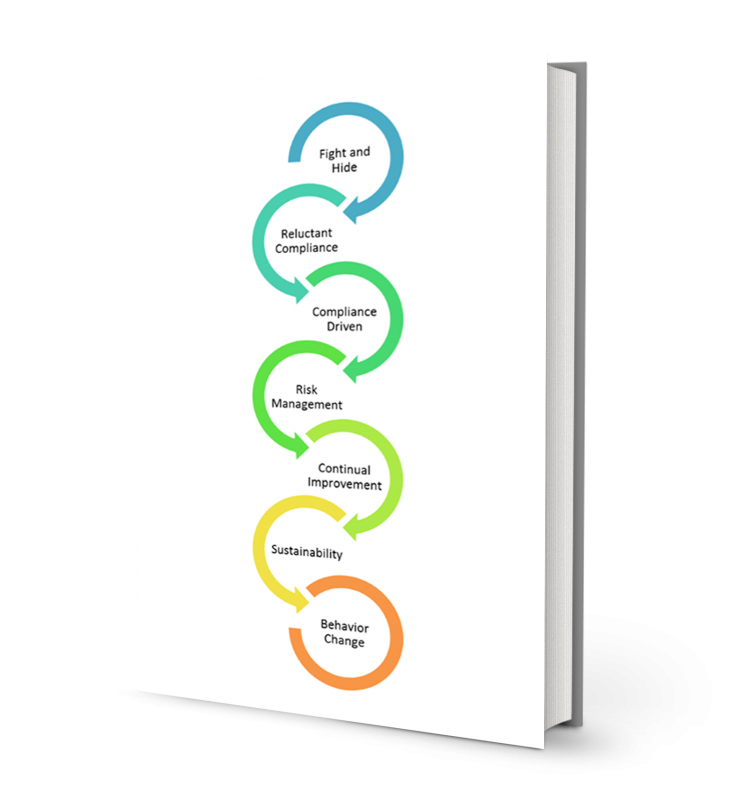ACHIEVEMENT MOTIVATION AS PREDICTOR OF STUDENTS’ ACADEMIC PERFORMANCE IN MATHEMATICS SUBJECT: A CASE STUDY OF SELECTED SECONDARY SCHOOLS IN OREDO LOCAL GOVERNMENT AREA, EDO STATE OF NIGERIA
Oribhabor, Chinelo Blessing
08034982069 chinelo.oribhabor@uat.edu.ng Department of Education, Faculty of Arts and Education, University of Africa, Toru-Orua, Bayelsa State, Nigeria
This study examined the relationship between the achievement motivation of students and their performance in Mathematics subject. Three hundred and twenty-five (325) senior secondary two students in Oredo Local Government Area, Edo State, Nigeria were used for the study. Two research questions were raised and two hypotheses were tested. The study used the adapted version of Mathematics Motivation Questionnaire (MMQ) by Liu and Lin (2010) to collect information from the students. The results show that academic motivation significantly predicts students? performance in Mathematics subject; and there is a significant difference in relationship between academic motivation and academic performance by gender. The study recommends that Mathematics teachers should device modern methods of teaching to arouse students? interest in learning Mathematics.
Amrai, K.; Motlagh, S.E; Zalani, H. & Parhoon, H. (2011). The relationship between academic motivation and academic achievement students. Procedia - Social and Behavioral Sciences 15, 399–402. Arbabisarjou, A.; Zare, S.; Shahrakipour, M. & Ghoreishinia, G. (2016). The Relationship between Academic Achievement Motivation and Academic Performance among Medical Students. International Journal of Pharmacy & Technology, 8(2), 12272-12280. Askari J. (2016). Assessment of risk factors of motivational deficiencies in university students from their viewpoints. Quarterly Journal of Andeesheh Va Raftar; 43(11), 455-623. Ayub, N. (2010). Effect of intrinsic and extrinsic motivation on academic performance. Pakistan Business Review. http://www.iobm.edu.pk/PBR/PBR_1007_363 _The Effect of Intrinsic and Extrinsic Motivation revise.pdf Carr, K; Clark, F. S. & Cheung, C. (2010). The relationship between self-concept, reading ability and Mathematics ability. Dissertation Abstract International 49, 17-58. Chowdhury, L. & Pati, M. (2016). Beyond a two-goal theory of motivation and achievement: A case for social goals. Review of Educational Research, 65(3), 213-243. Daniels, A.; Kalkman, J. & McCombs, P. (2014). Effective early year’s Education. Teaching young children. Buckingham: Open University Press. Eccles, A. W. (2008). Individual behaviour. New York: Harper and Row. Elliot, A. J. & McGregor, H. A. (2011). A 2x2 achievement goal framework. Journal of Personality and Social Psychology, 80, 501-519. Firouznia, S.; Yousefi, A. & Ghassemi, G. (2009). The relationship between academic motivation and academic achievement in medical students of Isfahan University of Medical Sciences. Iranian Journal of Medical Education, 9(1), 79–84. Hajian K. & Nasiri, A. (2015). Evaluation of medical students' attitude toward future job in Babol University of Medical Sciences. Journal of Babol University of Medical Sciences. 29(8), 95-86. Javadi, J.; Adhami, M. & Haghdoost, D. M. (2016). An analysis of the predictive validity of the inventory of school motivation (ISM). http://www.aare.edu.au/05pap/ali05403.pdf Kleinginna, P. R. & Kleinginna, A. M. (2011). A categorized list of emotion definitions, with suggestions for a consensual definition. Motivation and Emotion, 5(3), 263-291. Lee, O. & Anderson, C. W. (2013). Task engagement and conceptual change in middle school science classrooms. American Educational Research Journal, 30(3), 585-610. Lee, O. & Brophy, J. (2016). Motivational patterns observed in sixth-grade science classrooms. Journal of Research in Science Teaching, 33(3), 303-318. Lee, Y. J., Chao, C. Y. & Chen, C. Y. (2011). The influences of interest in learning and learning hours on learning outcomes of vocational college students in Taiwan: using a teacher’s instructional attitude as moderator. http://www.wiete.com.au/journals/GJEE/Publish/ vol13no3/01-Lee-Y-J.pdf Liu, E. & Lin, C. (2010). The survey study of Mathematics motivated strategies for learning questionnaire (MMSLQ) for grade 10–12 Taiwanese students. The Turkish Online Journal of Educational Technology, 9(2), 221-233. McClelland, P. (2015). Expectancy-value theory of achievement motivation. Contemporary Educational Psychology, 25(1), 68-81. Ozmen, H. (2014). Some Student Misconceptions in Mathematic: A Literature Review of Chemical Bonding. Journal of Science Education and Technology, 13(2), 147-159. 73
Unizik Journal of Education Graduate vol 9 August 2024 74 Pekrun, R. & Stephens, E. J. (2010). Achievement emotions: A control-value approach. Social and Personality Psychology Compass, 4(3), 238-255. Phillips, B.M. (2007). Mathematics at primary level. Abacus, 18(1), 13-20. Pintrich, P. R. & De Groot, E. V. (2010). Motivation and self-regulated learning components of classroom academic performance. Journal of Educational psychology, 82(1), 33-40. Reeve, J. (2014). Understanding motivation and emotion. John Wiley & Sons. Sartawi, A.; Alsaware, O.; Dodeen, H.; Tibi, S. & Alghazo, M. (2016). Predicting Mathematics achievement by motivation and self-efficacy across gender and achievement levels. Interdisciplinary Journal of Teaching and Learning, 2(2), 59-77. Subramaniam, P. R. (2009). Motivational effects of interest on student engagement and learning in physical education: A review. Retrieved from http://www.unco.edu/cebs/psychology/kevinpugh/motivation_ project/resources/subramaniam.pdf Weiner, B. (2016). An attributional theory of motivation and emotion. New York: Springer- Verlag.
Unizik Journal of Education Graduate vol 9 August 2024 74 Pekrun, R. & Stephens, E. J. (2010). Achievement emotions: A control-value approach. Social and Personality Psychology Compass, 4(3), 238-255. Phillips, B.M. (2007). Mathematics at primary level. Abacus, 18(1), 13-20. Pintrich, P. R. & De Groot, E. V. (2010). Motivation and self-regulated learning components of classroom academic performance. Journal of Educational psychology, 82(1), 33-40. Reeve, J. (2014). Understanding motivation and emotion. John Wiley & Sons. Sartawi, A.; Alsaware, O.; Dodeen, H.; Tibi, S. & Alghazo, M. (2016). Predicting Mathematics achievement by motivation and self-efficacy across gender and achievement levels. Interdisciplinary Journal of Teaching and Learning, 2(2), 59-77. Subramaniam, P. R. (2009). Motivational effects of interest on student engagement and learning in physical education: A review. Retrieved from http://www.unco.edu/cebs/psychology/kevinpugh/motivation_ project/resources/subramaniam.pdf Weiner, B. (2016). An attributional theory of motivation and emotion. New York: Springer- Verlag.

